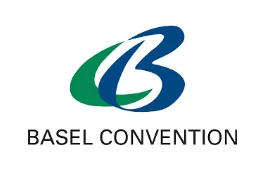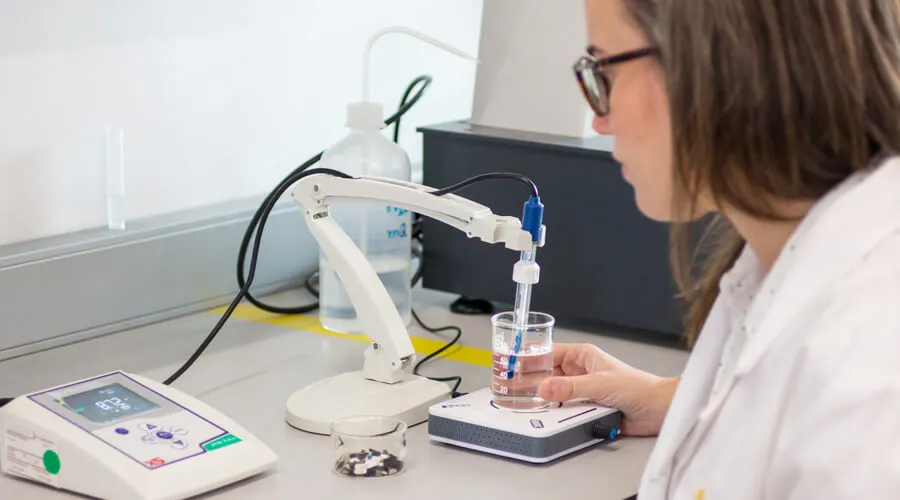Basel Convention
It plays a crucial role in global hazardous waste management by promoting safe handling and disposal practices.
The Basel Convention on the Control of Transboundary Movements of Hazardous Wastes and their Disposal is a multilateral environmental treaty that mainly involves hazardous waste.
It is supported by 170 countries that protect the safety of the countries receiving waste by ensuring that the waste is not hazardous and can therefore help foster the circular economy on a global level.
Benefits
Convention amendments on plastics designed to reduce exports and imports of plastic waste that may be harmful to human health or the environment when transported from one country to another for a specific use (e.g. mechanical recycling, incineration) came into effect on 1 January 2021.
Our solution
Plastic waste must meet a number of requirements described in the Basel Convention before it can be transported across the border from one country to another and the destination country can accept its entry. AIMPLAS laboratories have obtained ENAC accreditation for the set of tests required for plastic waste to be exported:
- Potential for flammability
- Corrosivity and reactivity
- Identification
- Toxicity and radioactivity
FAQ
The aim of the Convention is to protect human health and the environment from the harmful effects of hazardous waste.
This convention prohibits the export of hazardous waste.



